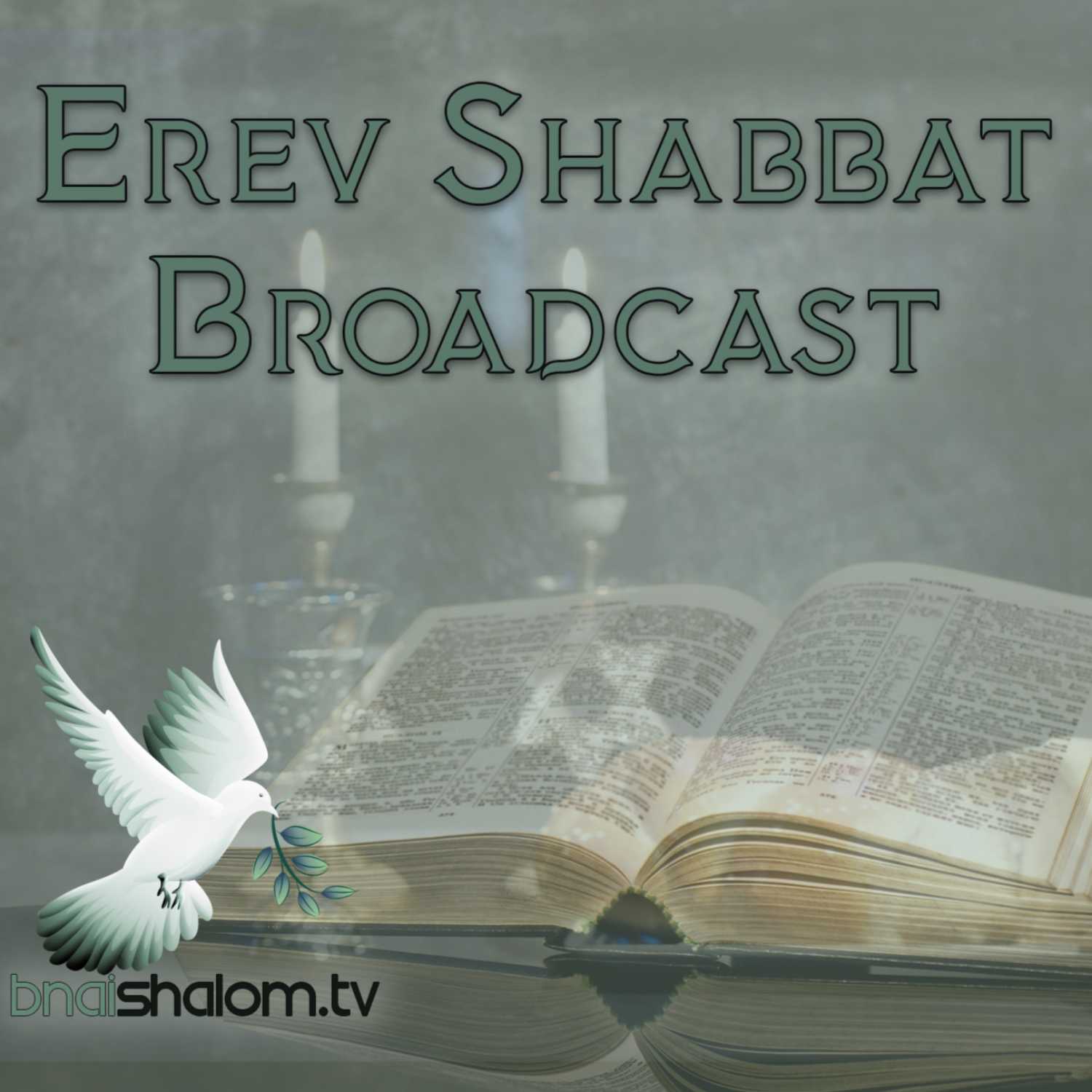Matot/Massei | Erev Shabbat: Tribes/Stages
Join us for our Erev Shabbat service we will be going through the weekly teachings from Monte Judah. This week's teaching will cover a double portion. First, Matot - This portion, while entitled “Tribes,” explains the law of vows. It then shifts to the subject of tribes when Moses is directed to assemble 1,000 soldiers from each tribe, forming an army of 12,000 to destroy the five Midianite kings who followed the counsel of Baalam. In the end, the 12,000 men return, having destroyed the five Midianite kings and Baalam. Here is the amazing part: none of the 12,000 died. They all returned from the battlefield alive. The portion concludes with Reuben and Gad requesting the grazing lands east of the Jordan for their herds and inheritance. Moses agrees on the condition that they pledge to support the conquest of the promised land for the other tribes. Next, Massei - "Massei" (Stages) begins with a systematic listing of the children of Israel’s journeys ("stages") in the wilderness. There are 42 specific places listed beginning with Sukkot, which was still in Egypt. The sages of Israel have been intrigued with this listing, since God commanded Moses to record them. Of what value are they to us who study Torah? These are not known locations found on a map, but instead they are campsites to which Israel wandered for forty years. Each location name describes an event as opposed to the name of a place. Their true value is yet future, being prophetic stages that tribulation saints will go through. This Torah portion provides instructions for apportioning the promised land. In particular, the land of Israel was to have 42 cities, with six cities of refuge (three on either side of the Jordan river). Following those matters, this portion addresses the issue of the “man-slayer” and the “blood avenger.” Finally, the book of Numbers concludes with issues of inheritance. Scripture Readings from: Numbers 30:(2)1–32:42, Jeremiah 1:1–2:28, Matthew 5:33-37, Numbers 33:1–36:13, Jeremiah 3:4 & 4:1-2, Philippians 3:7-21, James 4:1–12 #shabbat #SabbathService #hebrewrootsteacher https://www.bnaishalom.tv/watch-live https://lionandlambministries.org/ https://lionandlambministries.org/resources/torah-cycle-readings https://llgive.com



















